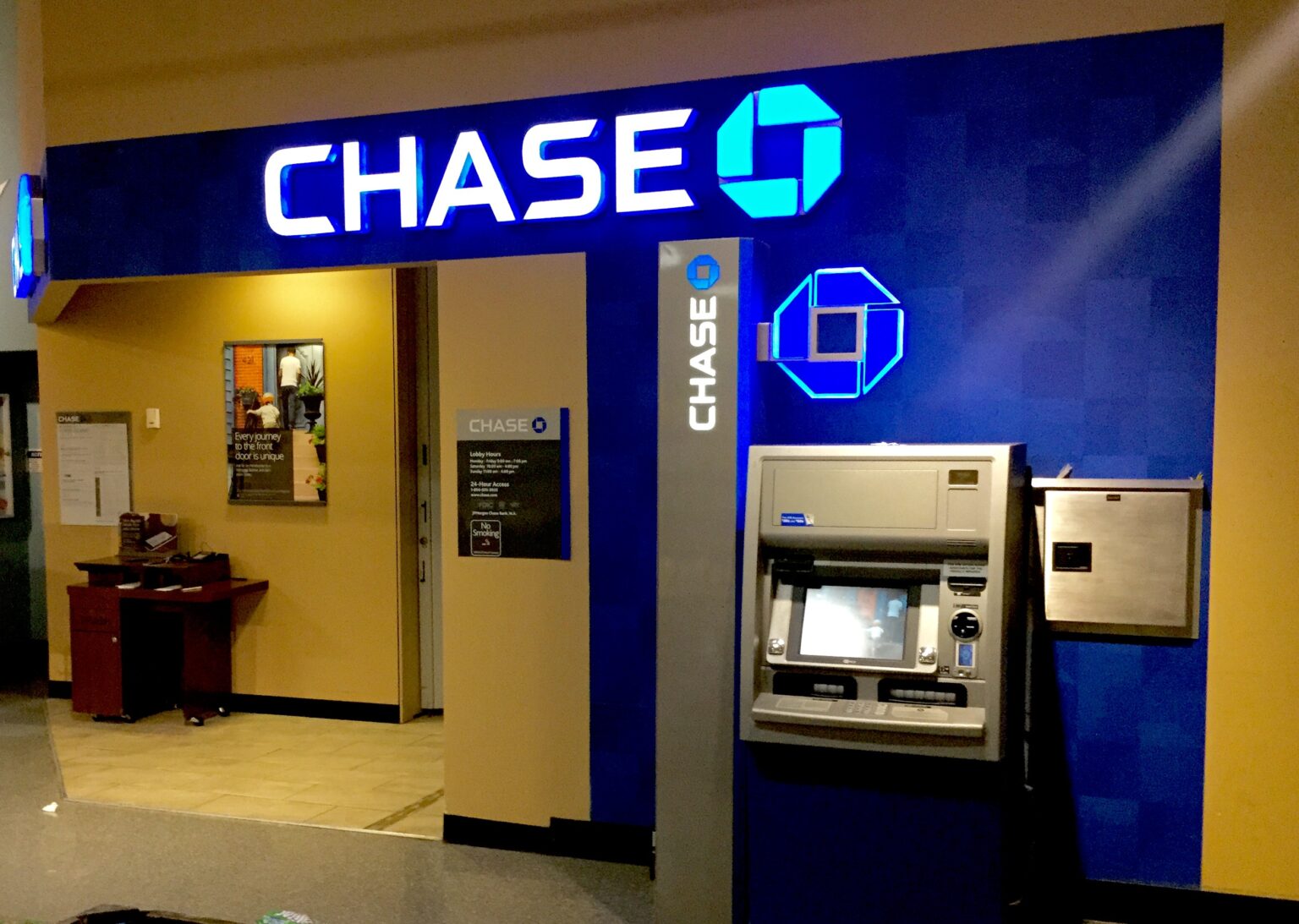Chase Bank is reporting users who attempt to commit check fraud following a viral TikTok trend at its ATMs.
Some Tiktok users attempted to convince others to write bad checks and deposit them into Chase ATMs in order to get “quick money.”
In the viral videos, the cut-and-dry fraud is referred to as a ‘glitch.’ The successful completion of the illegal, immediate withdrawal, a ‘hack.’
Free Money Trend Is Textbook Fraud
In reality, this practice is known as “check kiting,” which is illegal, textbook fraud.1
Writing bad checks comes with significant legal penalties, including potential jail or prison time. Check kiting is a a misdemeanor or potential felony criminal offense, depending on how much the offender attempts to claim. However, a judge may be more lenient on someone who was influenced by a popular social media trend.
Related: IRS Warns About Social Media Information On The Self-Employment Tax Credit
The company told media outlets it became aware of the problem as early as September 3. It was still enough time to make the “free money trend” a real problem.
Depositors are generally unable to get the whole amount of a written check from the ATM. Checks are routinely placed on hold, according to a company spokesperson, but some portion of the funds can be taken out immediately.
That in turn led some to have extreme negative balances on their accounts taking out big money, and starting to spend it, apparently unaware that the bank would respond, after the check predictably bounced.
JPMorgan to Report Social Trend Followers
In response, JPMorgan is reporting any customer’s who attempted this “hack” to law enforcement. Moreover, Chase holds all of the depositor’s personal information. The ID of the offender would be immediately known, including their addresses and other personal information. Handing it over to authorities will be a straightforward process.
Some viral videos on the free money trend show users with negative balances after attempting the TikTok “challenge.” Others have gone back online bemoaning being duped into participating in something that is ultimately against the law.
More financially savvy social media users chimed in, commenting that the practice is illegal. But not before a significant number of people attempted to try it for themselves.
“Regardless of what you see online, depositing a fraudulent check and withdrawing the funds from your account is fraud, plain and simple,” a Chase spokesperson told NBC News.
The wildfire spread of fraud promotion on social media is likely to go down in history as a landmark case of collective social behavior.
The free money trend is illustrative of the influence social media platforms have over mass psychology. It also serves as a reminder that a few bad actors can do a lot to undermine systems and influence large swaths of people into bad decisions.


